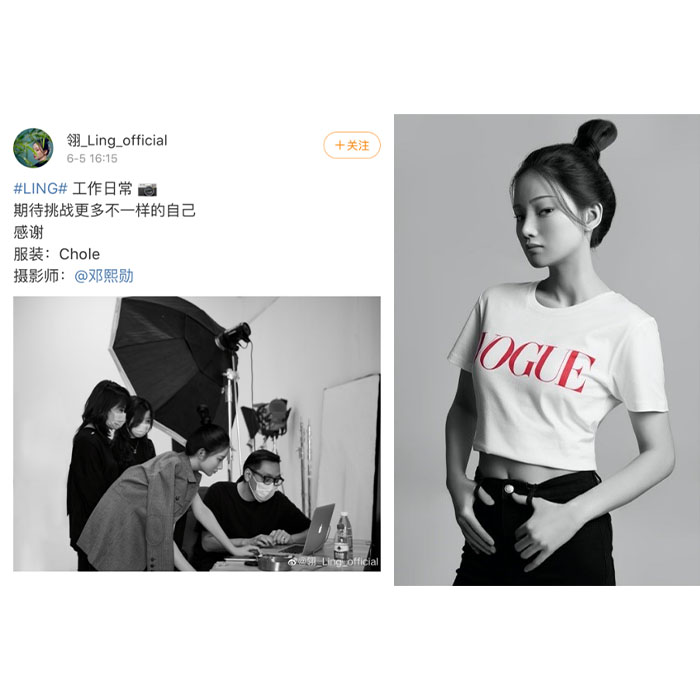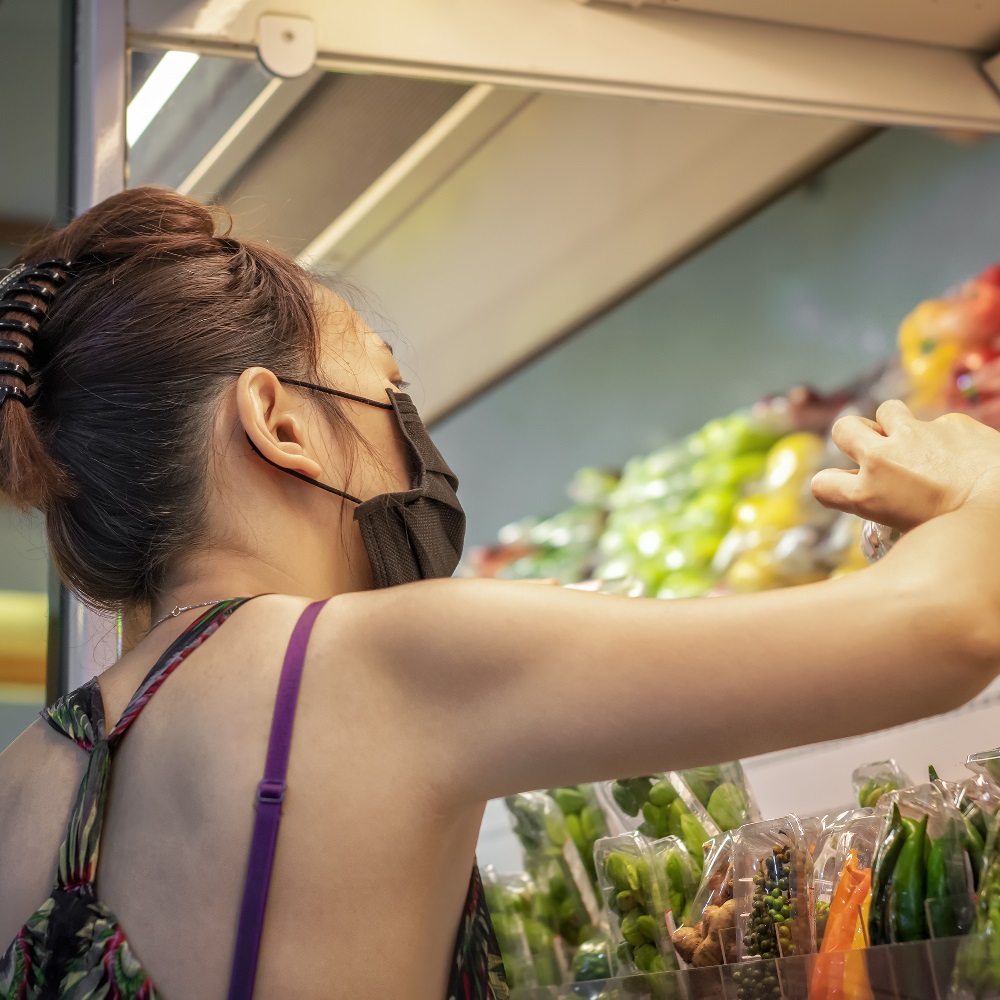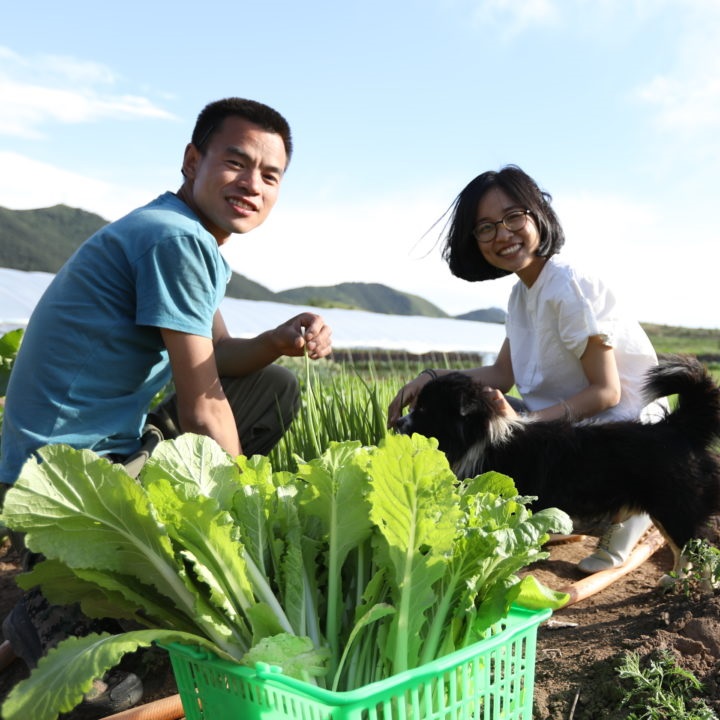At the beginning of 2022, it is time to look ahead. What are the new ambitions of the Ifop Group, a pioneering research institute and leader in survey-based opinion polling? How is Ifop poised in the marketing research ecosystem? What are the Group’s distinctiveness traits? These are questions to which you will find answers in this exclusive article.
Since the beginning of the health crisis, the Ifop Group has been able to adapt and is currently approaching the year 2022 with enthusiasm.
Its ability to move through time since 1938, the year it was founded, allows the Group to constantly look in the rear-view mirror to understand the society in which it lives and to better anticipate the future.
In recent years, the Group has regularly outgrown the market and has revealed its future ambitions.
#humanfocus
A Human Adventure
Stéphane Truchi, CEO of the IFOP Group since 2008, places human capital at the centre of the Group’s development. He is committed to bringing together talented individuals with a strong commitment to the company. He advocates a management style that values the collective, leaving each individual room for expression and freedom of action, which allows professionals from different backgrounds, most of whom have international experience, to work towards a common goal.
IFOP is proud to remain a training school recognised by the industry.
“IFOP’s strength lies in the development of a collective game by strong individuals”, Stéphane Truchi, CEO of the IFOP Group, who, for many years, coached football teams and embodied their collective values.
Since the pandemic, Stéphane Truchi, Christophe Jourdain, IFOP Group CEO, and their management team have made it a priority to accelerate the debate on the issues related to new forms of work in order to provide solutions that contribute to the well-being of collaborators.
Several projects are underway, but the fundamentals are already emerging: shared values such as Commitment, Passion, Proximity and Openness, and the affirmation of tangible CSR commitments, which are currently being unveiled on our networks in our “IFOP Horizons” Charter.
#internationalskill
An international DNA
In addition to the 18 nationalities (outside the EU) that are co-existing in Paris, the Group also operates in more than 70 countries. Since 1997, the Group has been operating in China, headed by Kevin Zhou, a respected marketing research professional. In 2020, an office was opened in New York, under the supervision of by Stephanie Sandler* who has a dual background in marketing and research.
The Group is located precisely where the major French groups in the luxury and beauty sectors are located, which makes IFOP a leading institute that works alongside the largest luxury companies and groups in France and internationally.
More than half of IFOP’s business is conducted internationally and 90% in the Luxury, Beauty and Wellbeing sectors (see development axis)
#hybridation
A dynamic business model
The organisation around autonomous business units and the establishment for several years of an ecosystem of partners (Big Sofa, Luxurynsight, Rouge Vif, Serenytics, ADN, etc.) are the key to a dynamic development policy.
In addition, our teams of experts, 100% dedicated to each sector, offer a personalised service in the design of the study, the analysis of insights and the relationship with the client, which enables IFOP to deliver a rich experience that is appreciated by its clients (source: IFOP 2021 client study).
Ultimately, due to the plurality and richness of the data, hybridisation is increasingly necessary to objectify, interpret and give meaning. An internal “Open IFOP” programme has been underway since 2020 to stimulate collaboration between our various experts and provide relevant answers to our customers’ problems. By 2021, more than 60 hybrid projects have been carried out.
#insightment
Insight at the heart of our business
“Data doesn’t speak for itself, you have to make the data speak and contextualise it to give it value and meaning”, Stéphane Truchi, Group CEO.
Let’s go back to what is fundamentally valuable in our vision of the business!
First, identify and interrogate the relevant target, however sensitive or rare it may be. This can be done either in a traditional way or in collaboration with technology partners like Episto, to better capture certain targets.
Secondly, IFOP experts advise on the best way to engage this target group, with proven know-how in design and interviewing experience. The aim of this stage is to provide all the necessary ingredients for the correct interpretation of the results in a controlled sectoral context. With a view to objective, contextualised results, put into perspective with the correct reading of the company and the sector.
Among which:
- Sociovision, a subsidiary specialising in sociological studies acquired in 2018. A reference brand, with historical data, which has been deciphering and anticipating societal phenomena for more than 40 years, based on unique observatories on the market. (in France and internationally),
- A database of IFOP surveys published for more than 8 decades, a unique pool of knowledge, with more than 600 subjects available per year.
- Sector experts fully involved in their clients’ issues,
- Visionary authors with successful works that structure societal, political and economic analysis (La Fracture, Les Arènes – Frédéric Dabi*, Director of Opinion, L’Archipel Français, La France sous nos Yeux, Le Seuil, directed by Jérôme Fourquet, Director of the Opinion and Corporate Strategies Department, Luxe et Résilience, Dunod, with Stéphane Truchi, co-author)
#opinionpollleader
Leadership in opinion research
The IFOP Group is a recognised reference in the conduct of marketing research in all sectors of the global economy thanks to its sector-based organisation and specific business know-how.
Leadership in opinion, society and social climate surveys is at the heart of the strategy for the Group in France. Frédéric Dabi, General Manager of Opinion and Jérôme Fourquet, Director of the Opinion and Corporate Strategies Department, lead this expertise and accompany the understanding of French society with their recognised analyses.
This leadership will be further strengthened during this election period, when IFOP Opinion is deploying a complete system to understand the sequence that is being played out on a daily basis (presidential rolling with daily estimates, election evenings on the French channels such as TF1 and LCI, pre-election barometers, VIP appointments, Twitch broadcasts and collaborations with YouTubers).
“A heritage with a capital H, which we are proud to have. An obvious way to continue decrypting a part of our country’s history. Frédéric and Jérôme, with their teams, have been able to make this activity grow and take it to the highest level, in particular with their last two books published in 2021”. Stéphane Truchi, IFOP Group CEO
#uniqueproposition
A prospective/progressive look
Several bricks complete the offer and boost IFOP’s business.
- In 2022, the Group’s qualitative know-how will be a priority with the creation of the Ifop IQ (Inspiring Qual) entity, which brings together the “quali” activities already in place and InCapsule by IFOP, created in 2011, which at the time established IFOP as a pioneer in trends and innovation consulting. Ilana Dupeyron*, who joined IFOP in April 2021, is in charge of this new entity. The objective: to deploy innovative systems in France and abroad in order to support innovation and brand positioning strategies in all sectors where IFOP is present.
- Integrating technology and data science solutions into our segmentation studies to understand and monitor consumers’ relationships with brands and help our clients better segment their propositions to the market, addressing the most relevant targets.
- The implementation of participatory democracy mechanisms such as citizens’ conferences, which are proving to be a topical tool for recreating links between decision-makers/experts/citizens/consumers.
#internationalgrowth
Luxury, Beauty, Wellbeing: the international development axis
From its offices in Paris, Shanghai, Hong Kong and New York, IFOP brings together a community of 80 employees specialising in the challenges facing brands in the luxury, beauty and wellbeing sectors.
The development strategy is global.
- Tailor-made answers and a multi-expertise team to address the following topics: trends & prospective/image & communication/consumer understanding/innovation/retail,
- Dedicated “key account” representatives for our main clients,
- Proven expertise in interrogating Affluent targets,
- A perfect knowledge of local specificities,
- Selected partners in the main areas of the world to complement our expertise,
“This development model makes us unique in the research market and provides our clients with exemplary know-how in conducting research experiences adapted to the worlds and targets of Luxury, Beauty and Well-being.” Stéphane Truchi, IFOP Group CEO.
#powerfulbrand
A powerful brand
IFOP is a heritage brand that has been passed down through the generations with strength and resilience, and has gradually developed into an international reference.
Today, the power of the brand remains intact. It is growing. It is now referred to as the IFOP Group, thus linking current and future acquisitions. Isabelle Grange* has been appointed Group Marketing & Development Director to support the Group’s ambitions and help develop its entities and subsidiaries. Its mission is to enrich and deploy the IFOP experience with employees, clients and the media.
In conclusion, “I am very proud to start the year 2022 with many growth and transformation projects, which will enrich our proposition, and bring new creative and innovative solutions to our customers. I look forward to sharing them with you throughout the year.” Stéphane Truchi, IFOP Group CEO.
Discover the 5 nominations :
- Frédéric Dabi, DGM – Head of Ifop Opinion (the portrait)
- Roland Peyraube, Administrative and Financial Director (the portrait)
- Stephanie Sandler, President of IFOP Inc. North America (the portrait)
- Ilana Dupeyron, Head of IFOP IQ – Inspiring Qual (the portrait)
- Isabelle Grange, Marketing and Development Director (the portrait)





![[CORPORATE NEWS] The Ifop Group enhances its offer by acquiring Occurrence](https://ifopasia.com.cn/wp-content/uploads/2022/04/Occurrence.png)
![[CORPORATE NEWS] Ifop, the resilience](https://ifopasia.com.cn/wp-content/uploads/2022/04/STruchi.png)
![[EXCLUSIVE REPORT FROM USA] Actionable insights about 2021 luxury shopping behaviors](https://ifopasia.com.cn/wp-content/uploads/2021/02/Affluent-Consumer-Insight.png)
![[CORPORATE NEWS] Ifop further reinforces its international presence by opening Ifop Inc. in New York](https://ifopasia.com.cn/wp-content/uploads/2020/11/corporate-ifop.jpg)
![[CORPORATE NEWS] Ifop opens its New York office, presided over by Stephanie Sandler](https://ifopasia.com.cn/wp-content/uploads/2020/11/stephanie-sandler.jpg)


























